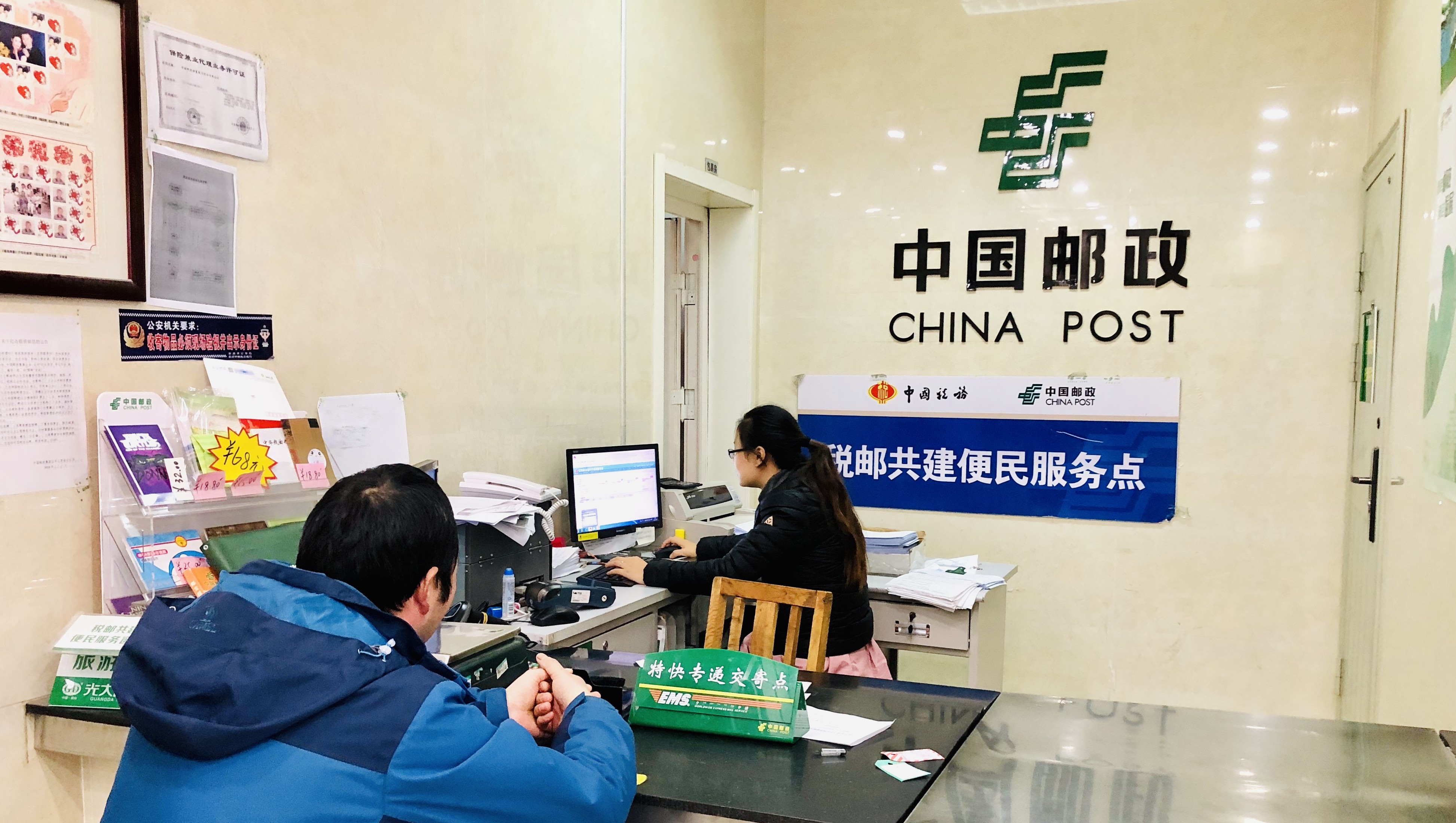On December 16th and 17th, Jehuda Hadad, Presidentof Shamoon College of Engineering(SCE), visited the Jiangsu University of Technology and Changzhou University accompanied by officials in charge ofWujin National High-techIndustrial Zone and ChinaIsrael Changzhou Innovation Park.PresidentJehudaand officials conducted in-depth discussions on areas such as inter-school interaction, student innovation and entrepreneurship, and cooperation in running schools.

SHAMOON College of Engineering is Israel's largest engineering school, located in southern Israel, with two campuses, more than 5,500 students and six different engineering-related professional settings. SCE is committed to innovation in academic education, research and development, and has a cutting-edge research center that works with industry and the global scientific community. SCE offers academic and research scholarships and allocates significant resources for the construction of training facilities and laboratories. More than 90% of SCE graduates have quickly integrated into the workplace and assumed a role commensurate with their careers and education. SCE's mission is to help promote higher education, provide employment opportunities, narrow social gaps, and train leading professionals in the next generation of engineering and technology.
On the topic of innovation, President Jehudasaid that Israel is a country that places great importance on innovation, and education innovation is one of its critical areas. The curriculum of SCE is a kind of innovation in itself. In SCE, teachers are not only imparting knowledge, but more importantly, teaching students how to diverge their thinking. In other words, it is to teach students to actively generate awareness about innovation. Besides, Israelis believe that cooperation is more conducive to success than competition. Therefore, the college will try to allow students to think and solve problems in a team-based mode. In addition, In the field of industry-university-research, the college also has a mature innovation-cooperation mechanism. Students are given the opportunity to directly discuss some practical problems in the local industry in the classroom. From research to practice, good interaction between universities and the industry has formed a complete innovation ecosystem.
President Jehudahad not been to Changzhou before. When talking about the impression of the city, he used the word "impressive". Whether in industrial development or urban construction, Changzhou has refreshed him. "The infrastructure of local companies in Changzhou is good, and Israeli companies can provide a wealth of experience. I am sure that good cooperation can be reached between both sides." He told the reporter that in addition to two universities, he also visited some indigenous enterprises in Changzhou. "I want to begin with some relatively high-quality projects I have encountered. First, I would like to introduce these projects to the platform of the CIP. Then I will consider whether I can conduct industrial docking and joint research and development with local enterprises."
In June this year, the SCE signed a Memorandum of Cooperation (MOU) with the CIP. Take into account this, they will carry out a series of industry-university-research and innovation cooperation.President Jehuda expressed his expectations for this cooperation. He said that the SCE will be an active participant in the second phase of development of the CIP. He hopes to be able to bring more Israeli students to Changzhou for communication and further cooperation in scientific research innovation and teacher training.
The Belt and Road Initiative proposed by the Chinese government has received a positive response from Israel. Numerous Israeli industrial institutions and groups have conducted extensive cooperation with China by participating in the Belt and Road Initiative. In terms of higher education cooperation, the number of Chinese students studying in Israel has increased rapidly with the gradual stabilization of the Israeli security situation in recent years. President Jehudastated that he is currently considering opening a Chinese-Israeli cooperative college in Changzhou. It can start with inter-school and school-enterprise cooperation, and make the CIP an innovative closed loop of industry-university-research integration.
Bernice Huang

















